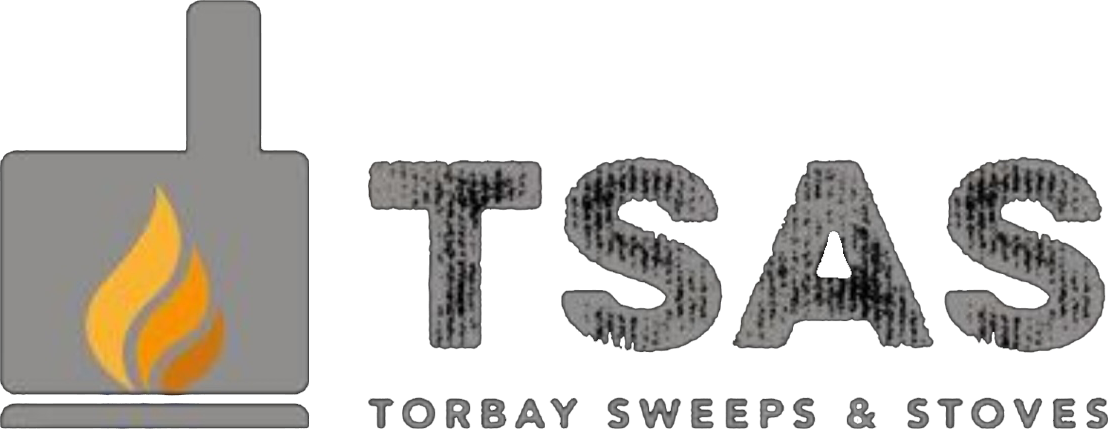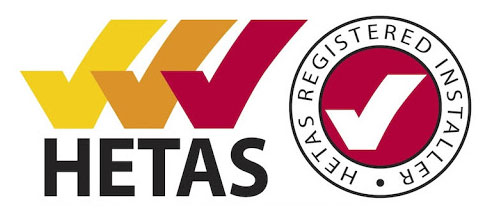We’ve collated information to help make informed decisions when it comes to keeping your chimney well maintained.
How often does my chimney need to be swept?
If you have an open fire, wood burning or multi fuel stove, Aga/Rayburn or an inglenook fire they all need regular sweeping. The frequency of sweeping depends on the fuel used:
- SMOKELESS FUEL – At least once a year
- WOOD – Quarterly when in use
- BITUMINOUS COAL –Twice a year when in use
- OIL – Once a year
- GAS -Once a year
How do I minimise the risk of damage from chimney fires?
The latest statistics show that there are over 5,000 chimney fires a year in England, but most of these are preventable.
To keep you and your home safe from fire you should make sure you have your chimney swept regularly. A working fire alarm should be the last line of defence, a regular visit by a Chimney Sweep should be your first.
What should I do about blocked flues?
There are many things that can block the chimney, such as birds’ nests, bee’s nests, plants, a blocked up cowl or even a large amount of soot. When they get blocked the chances are that fumes will come back into your home and potentially poison you with Carbon Monoxide. Don’t leave it to chance, get your chimney swept and smoke tested to make sure it is all clear.
What causes soot falls? How do I prevent them?
Over time, the by-products of burning wood and coal (soot/smoke) go up the chimney and cling to the inside of the chimney. If left un-swept the soot will continue to gather within the chimney until it falls, usually due to a draft coming down the chimney. The results can be devastating, sometimes requiring complete re-decoration of the room the appliance is in.
What precautions should I take when using appliances?
Just remember when using your appliance you are effectively trying to control a fire inside your house… that’s why it is vitally important that you make sure you maintain your appliance properly.
There are things you can do to make sure you are safe, such as using your appliance as per the manufacturer’s instructions, burning the right fuels at the right temperatures and having a functioning Carbon Monoxide Alarm.
Beyond this we offer appliance servicing, where we can replace cracked glass, re-rope stove doors and seal any perished fire cement.
Do we provide certifications?
As part of our service we provide a certificate on completion of sweeping from The National Association of Chimney Sweeps, to show that sweeping has been conducted in line with the APICS code of practice and according to the training that has been provided to us.
An increasing number of insurance companies are requesting that chimney sweeping is conducted by a member of one of the associations.

